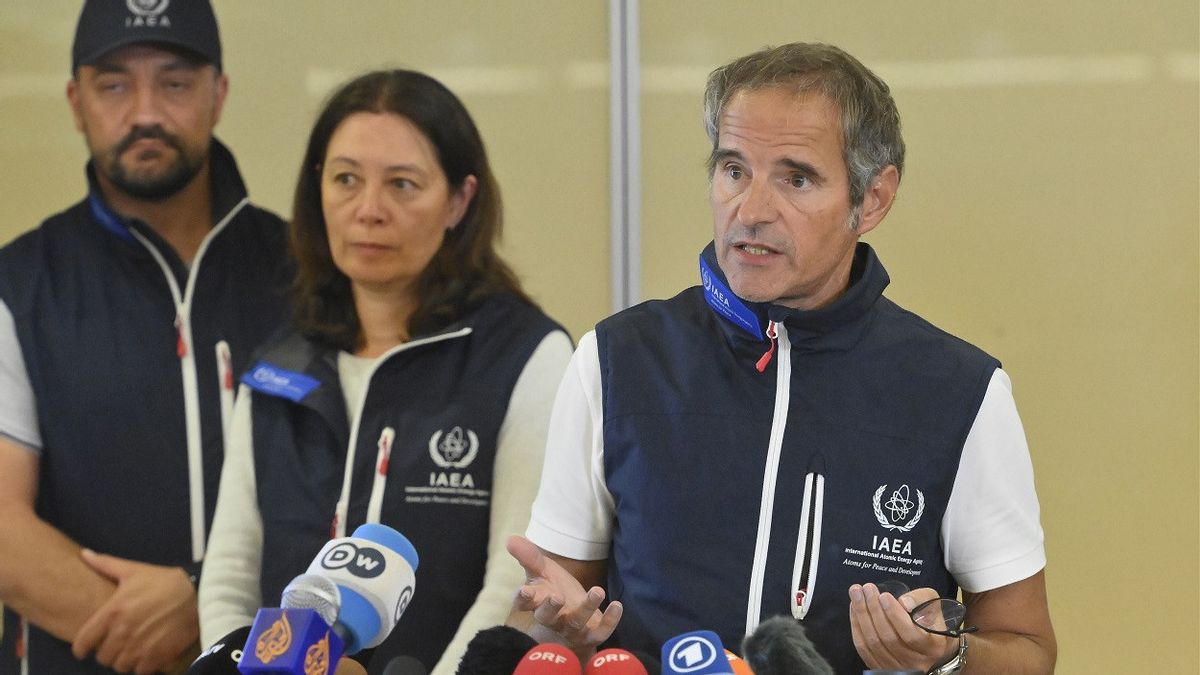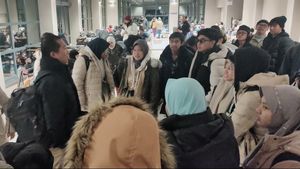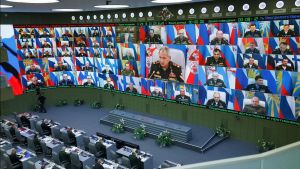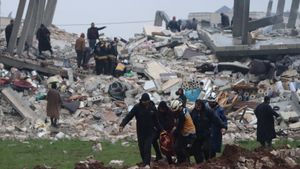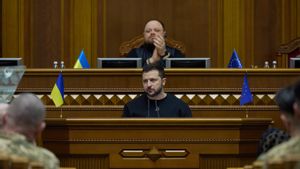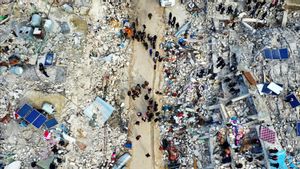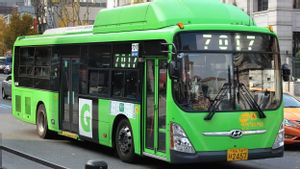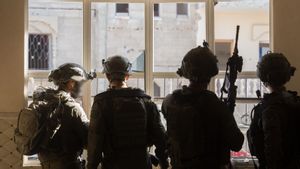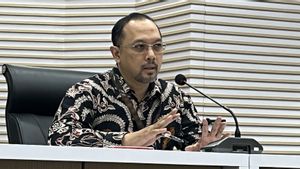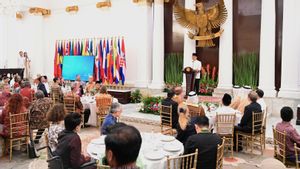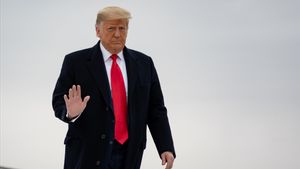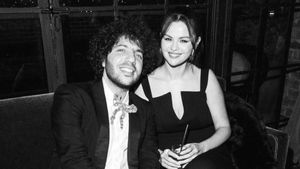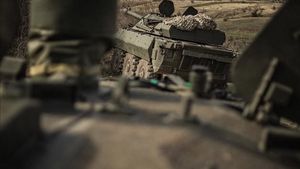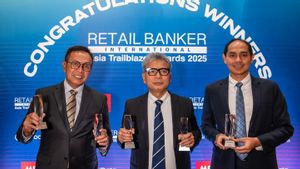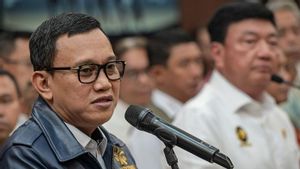JAKARTA - The head of the United Nations (UN) nuclear watchdog has proposed an alternative agreement to the Iran Nuclear Deal, which is expected to break the deadlock in talks between Tehran and world powers.
Rafael Grossi, director general of the International Atomic Energy Agency (IAEA) said the coming weeks and months would be crucial in determining the direction of the talks.
The deal, formally known as the Joint Comprehensive Plan of Action (JCPOA) signed in 2015, collapsed after US President Donald Trump withdrew in 2018, reimposing severe banking and oil sanctions on Iran.
Grossi floated the idea of an alternative agreement as a means of breaking the stagnation.
"Europe has been a very strong supporter of the JCPOA," he said, citing The National News, February 8.
"Of course geostrategic factors are a consideration because the distance is not too far away and the Middle East considerations that we mentioned are very important," he continued.
"I think in the case of Europe it is very important that they continue to support us in our efforts to find a feasible way forward - JCPOA or no JCPOA," Grossi said.
"What we need to make sure is, we have the necessary elements to make sure there's no proliferation, that this [nuclear] program doesn't cross the line."
"And that might be through something like the JCPOA or something. In that case I'm neutral."
Grossi said the Vienna, Austria-based IAEA would be willing to "provide elements of monitoring to help Iran provide assurance, which they say they want to give to the world, that there is no deviation of nuclear material".
However, he said the supervisor's role was strictly non-political.
Furthermore, Grossi denied the IAEA gave the international community a false sense of security by saying Iran does not possess nuclear weapons.
He said the IAEA has inspectors in Iran on a daily basis and although access to some nuclear sites is restricted, they know the situation well.
He also dismissed suggestions Russia's ties to Iran could hinder the IAEA's work to monitor the regime's nuclear program.
"Russia does not have the ability to hinder the IAEA's work in Iran," said Grossi.
He also remains optimistic, even though talks to restore the Iran Nuclear Deal have not progressed.
"I will not despair in the sense that the JCPOA cannot be revived," he said.
SEE ALSO:
"I'm not saying yes JCPOA [or] no JCPOA. The important thing is to keep the non-proliferation rules strong, and we'll see," he said.
"The next few weeks and months will be critical to determine if there is a possibility," he said.
Grossi added that it was important to quickly reach an agreement related to the JCPOA.
"It's the gap that worries me at the moment because we are losing visibility and the program is moving on. This is why I have to go to Tehran. We need to talk and we have to do it urgently," he concluded.
The English, Chinese, Japanese, Arabic, and French versions are automatically generated by the AI. So there may still be inaccuracies in translating, please always see Indonesian as our main language. (system supported by DigitalSiber.id)
